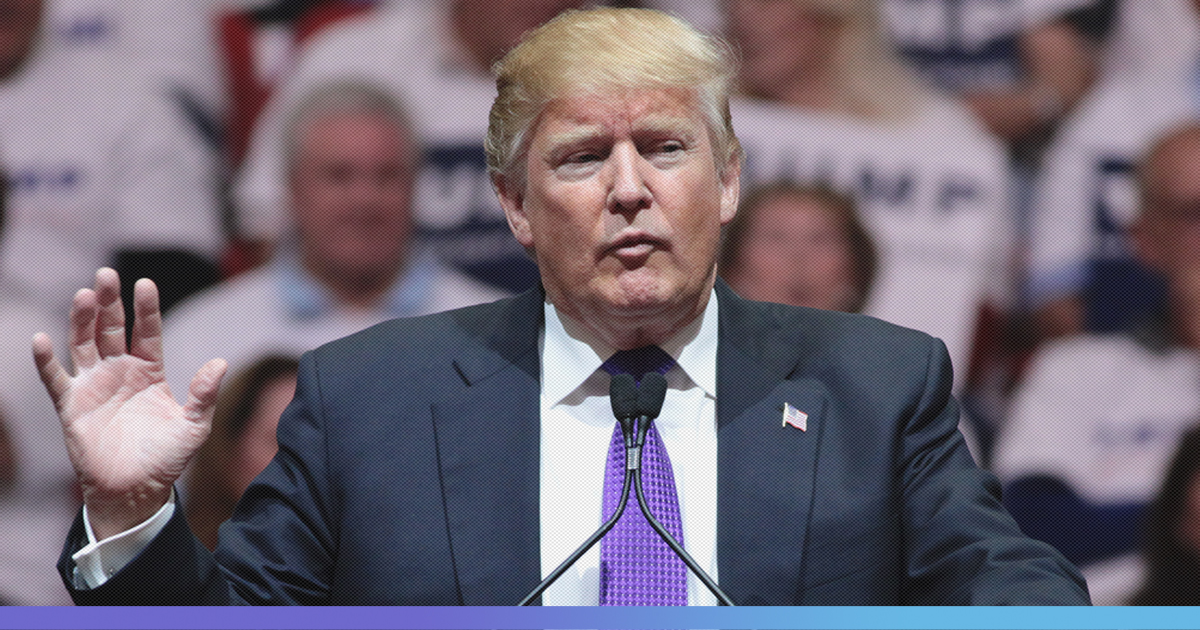The US government announced on Friday (31 May, 2019) that it has terminated India’s special trade status under the GSP (Generalized System of Preference) trade programme which exempts billions of dollars of its products from American tariffs. In a proclamation issued by White House, President Donald Trump said, “I have determined that India has not assured the United States that India will provide equitable and reasonable access to its markets. Accordingly, it is relevant to end India’s designation as a beneficiary developing country effective June 5, 2019.” The proclamation also applies to solar cells and washing machines from India and Turkey to duties levied by Trump in 2018. After the announcement on Friday by the Trump administration, India called the decision of President Donald Trump as unfortunate.
The Generalized System of Preferences (GSP) trade programme is designed to boost economic growth in the beneficiary developing countries and allows them to alleviate poverty through trade. The US government had already informed India on March 4 about its plan to strip off country’s special status. Consequently, the 60-day notice period ended on May 3. In March Trump said, “India is a very high-tariff nation, and they charge tremendous tremendous numbers.” CNN reports that in a letter to Congress back in March, Trump signalled his intentions to terminate India from the GSP and blamed the nation of unfairly shutting out American businesses.
According to The New York Times, India has continuously delayed its own promised tariffs on a variety of American goods, including finished metal products, apples, and almonds as it sought a broader trade deal with the United States.
The announcement comes after the Trump administration on Thursday threatened to impose new tariffs on Mexico if the country does not step up its immigration enforcement actions. The US government has also terminated Turkey from the GSP trade programme which was the fifth largest beneficiary of the programme.
Impact On India
India’s Ministry of Commerce and Industry issued a statement saying, “India as part of our bilateral trade discussions, had offered resolution on significant US requests in an effort to find a mutually acceptable way forward. It is unfortunate that this did not find acceptance from the US.”
As per a report by Times of India, after the declaration of Trump’s decision, Indian lawmakers warned about a potential economic crisis. It can also aggravate tensions between both countries. Chief spokesman of Congress, Randeep Surjewala told the reporters that this decision of US was a “double-whammy”. According to him, the industries which are most at risk would be agriculture, auto parts, textiles, jewellery, and pharmaceuticals. He said that they have urged Prime Minister Narendra Modi to make a broad statement on the issue to the nation and place before the public a way forward to overcome this serious trade and economic crisis.
US terminating status of India as ‘Beneficiary Developing Country’ i.e ‘Special Trade Status’ has grave economic implications for India.
It directly effects India’s exports worth US$54.4 B (₹3,80,800,00,00,000)
We urge upon PM Modi to make a comprehensive statement on same. pic.twitter.com/WwjuMuy3Fa
— Randeep Singh Surjewala (@rssurjewala) June 1, 2019
A spokeswoman for India’s commerce ministry, Monideepa M Mukherjee said that the GSP programme is meant for the least-developed countries from which India has graduated-out. According to The Federation of Indian Export Organizations (FIEO), the decision of the US government will not affect India’s exports to the US since it will only have a marginal impact on a few sectors such as engineering goods, tiles, plastic, processed food, leather, hand tools, building materials, etc.
However, Dan Anthony, executive director of a trade group, the Coalition for GSP said that this decision will cost American businesses over $300 million in additional tariffs every year. According to him, there are no winners from this decision of Trump administration. He says, “American importers will pay more, while some American exporters will continue to face current market access barriers in India and others, including farmers are very likely to be subject to new retaliatory tariffs.”
Also Read: Trump Effect Is Real. Student Visas To Indians Down 40% In 2 Years











